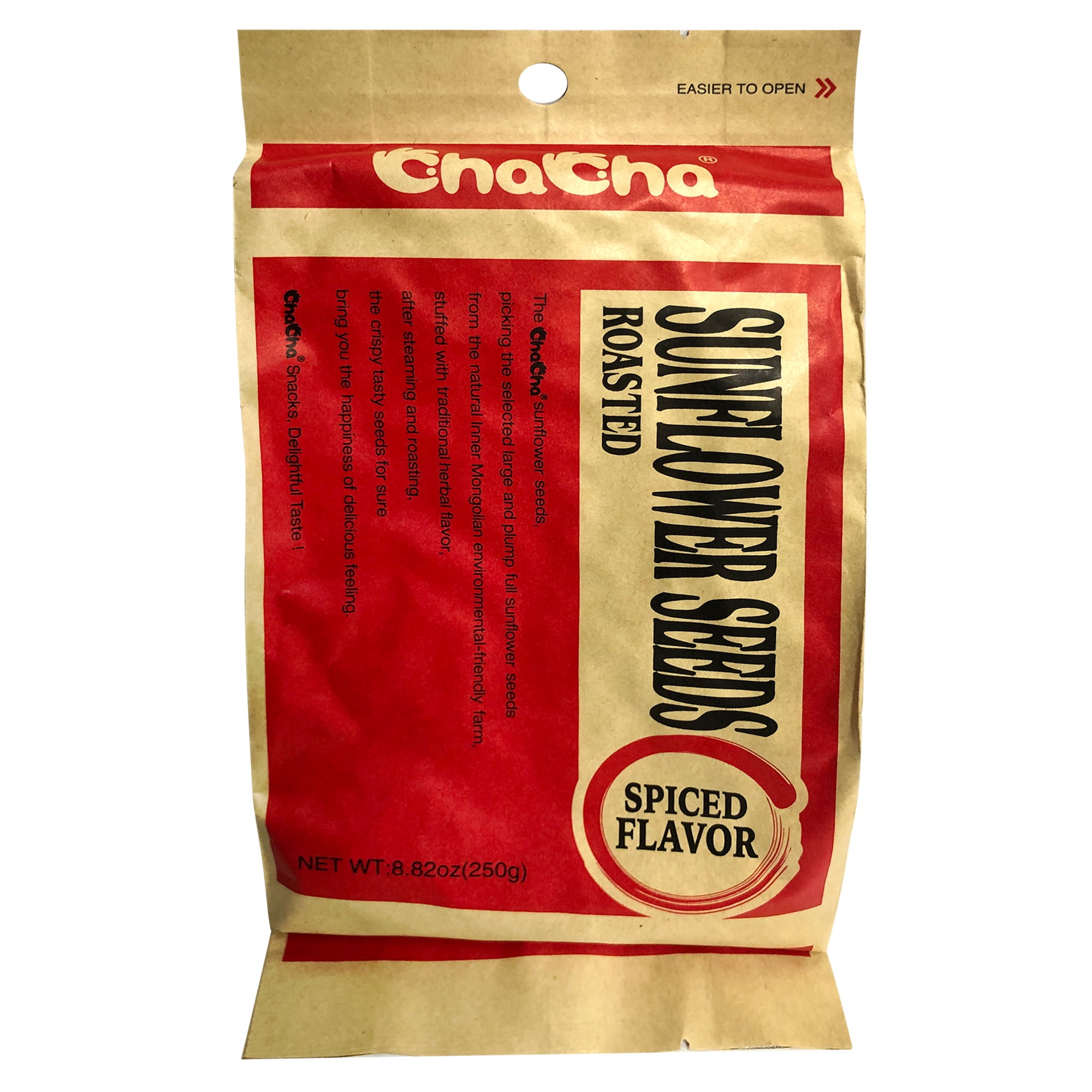Over the past couple of months, substantial insider activities have occurred among various small-cap companies in Malaysia. Board members, keystone investors and management have been buying up shares of their own companies.
For many of us outside of these companies, we do not have much visibility to the ins and outs. Hence, looking at insider activities presents an interesting look at what people who do, think about them.
Let’s look at the 5 small stocks in Malaysia that have had insider activities in the past couple of months!
#1 Maxim Global
Maxim Global (Maxim) is involved in the property, agriculture, and industrial supply sectors. It primarily engages in property development projects in Malaysia, while it has an extensive land bank of oil palm plantations in Indonesia.
Currently, only the sector of property development is generating revenue for Maxim as its oil palm lands are still pending planting. Meanwhile, its industrial supply sector is mainly used to supply concrete for its internal projects.
On 21 September 2023, Tan Sri Datuk Seri Gan Seong Liam, who is the managing director of Maxim, purchased about 35,641,304 shares priced at RM$0.46 per share. This represented about 4.8% of total securities transacted.
Looking at its financials, there are a couple of reasons why he might be doing this acquisition:
- Operating cash flow was sharply higher for the latest trailing year.
From June 2022 to June 2023, Maxim experienced a sharp increase in operating cash flow to RM$127 million from RM$59 million in 2022. This was despite the fact that revenue actually declined to RM$307 million from RM$353 million over the same period. - Cheap valuations
Maxim is trading at a price-to-earnings ratio of 7.2 times compared to the industry’s average of 15.8 times. - Improving liquidity position
Maxim’s current ratio (current assets / current liabilities) improved to 8.2 times as of June 2023 from 6.7 times in December 2022.
Its latest dividend yield is at 5.3%, while Maxim’s return on asset is higher at 5.6% compared to the sector’s average of 1.6%.
#2 Seacera Group Berhad
Seacera Group Berhad (SGB) is mainly involved in the trading of building materials, tiles, personal protective equipment and property development activities.
Trading encompasses the bulk of SGB’s revenue at 96% followed by property development (4%). Meanwhile, its property development segment is loss-making with a loss of RM$1.1 million for 2022, while its trading segment produced a profit of RM$6.1 million.
On 13 September 2023, Morgan Stanley purchased about 3,000,000 shares, bringing its direct interest in the company to 5.5%. Here are a couple of facts about SGB’s financials lately:
- Profits rose in the latest financial year of 2023, giving higher margins
Despite revenue declining in 2023 (June 2022 to June 2023), profits actually rose to RM$7.6 million in 2023 from RM$6.6 million in 2022. This translates to a higher profit margin of 13.5% compared to 9.4% over the same period. - Rising operational efficiency
Consistent with a rising profit margin, return on asset improved to 0.91% in 2023 from 0.77% in 2022. - Cheap valuations
SGB is trading at a price-to-book ratio of 0.21 times compared to the industry’s average of 1.08 times.
SGB does not have any dividends currently.
#3 Wellspire Holdings
Wellspire Holdings (WH) is an investment holding company that distributes consumer packaged foods. Its main products are sunflower seeds, and they are the exclusive distributor of the “ChaCha” brand of sunflower seeds and nuts in Thailand.
On 15 September 2023, Kenanga Yield Enhancement Fund bought about 18,000,000 shares of the company, bringing its direct interest to 6.6%.
In terms of financials, WH seems to be doing well in the following areas:
- Increasing operating cashflow
Revenue for WH is slowing down but its operating cash flow has been improving to RM$5.0 million in 2Q 2023 from RM$2.3 million in 1Q 2023. - Improving profit margins
As a result, profit margins have actually improved to 5.1% in 2Q 2023 from 4.3% in 1Q 2023. - Healthy cash position
Cash ratio (Cash / Current Liabilities) came in at 6.2 times as of 30 June 2023, much higher than 1.0 times in December 2022.
WH currently does not distribute any dividends.
#4: FSBM Holdings
FSBM Holdings (FSBM) is involved in the distribution of computer and education products, and also provide services related to these sectors. Platform design and development is the biggest contributor of revenue to FSBM at 82% in 2022.
On 19 September 2023, Dr Chew Weng Yew, a significant shareholder, bought about 48,565,000 shares priced at about RM0.25. This brings his interest in the company to 20.22%.
It has to be put upfront first that FSBM is currently a PN17 company, which means the company is in financial distress. However, FSBM has already submitted a regularization plan to Bursa Malaysia and have recovered to a certain degree.
- Revenue has recovered in 1H 2023 and 2022
Revenue has rose to RM12.5 million in 2022 from only RM405k in 2021. From 2019 to 2021, revenue only averaged RM220k per year putting FSBM into PN17 status since 2019. - FSBM has returned to profitability
FSBM finally returned to profitability in 2022 with a profit of RM4.4 million after making 6 years of losses from 2015 to 2021. - FSBM’s business model is now to provide IT services
In line with the move towards digitalization and AI, FSBM is in the right industry of providing platform design and development, technical support & maintenance, managed security services and smart manufacturing solutions.
In terms of valuation, FSBM is trading at a price-to-earnings ratio of 10.1 times compared to the industry’s average of 25.2 times. However, with many years of losses, FSBM has not distributed any dividends.
Conclusion
Tracking what management and significant shareholders are doing to stocks is definitely a good way to help you with your investment decisions. These 4 Malaysian companies have shown some significant insider buying activities and you should keep a good look out for them in the coming months.


